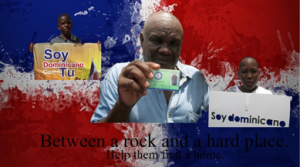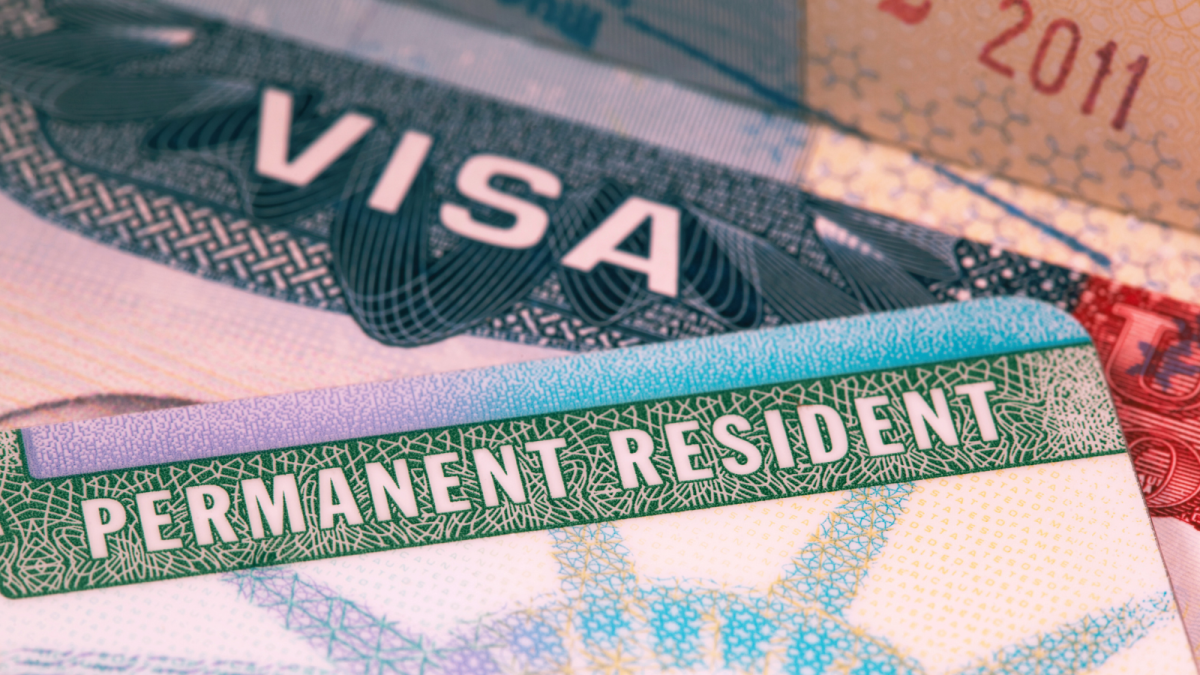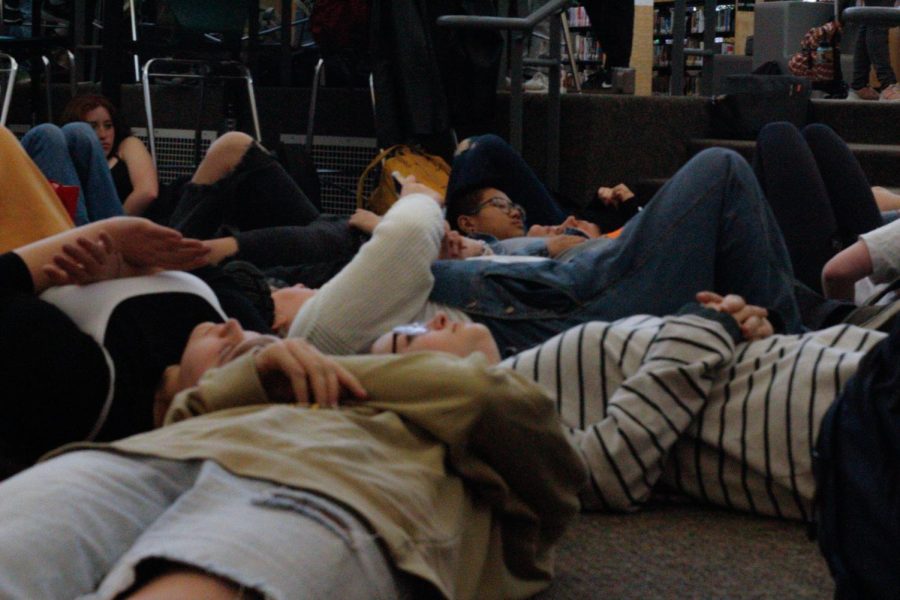 Photo credits to Julian Brown
Photo credits to Julian Brown
Dominican Republic– A tight deadline for a last chance at a comfortable life pressures countless undocumented Haitians facing potential deportation. Or so people think.
Widespread Haitian descendants wait in anticipation as they try to learn their fate, determined by newly formed Dominican Republic migration laws. Even under a “regularization plan,” meant to grant legal status to those born before 1929, thousands of Haitians born on Dominican soil decades ago worry that they may be deported from their homes and families. Many have questioned the legitimacy of such a plan that could create a stateless nation of more than 200,000 Haitians. However, Councilman of the Dominican Republic’s government, Louis Lithgow, strongly disagrees in his recent interview.
Sharing a long and contentious history, tensions between the two nations skyrocketed after a catastrophic earthquake in 2010. Thousands of Haitians sought refuge in what people believed to be a fairly unwelcome territory. Many believe the court’s decision was influenced by deep-seated discrimination and racism toward Haitian migrants. When asked about this racial prejudice, Lithgow stated “I ask you to see the reality of the situation. What we have done for the Haitians, nobody else has gone to the same extent. We treat them like Dominicans of our own.”
Lithgow explained that the Dominican Republic is working hard to distribute green cards for residency to individuals so that they may be able to apply for citizenship. “We are trying to support the Haitian community in every way,” he stated, “there is a lot of negativity around the world about our newly implemented immigration laws, but what we are doing, is what the Dominican Republic knows is the best decision. Lithgow continues to explain that not only the Haitian community will be benefited, but many other inflowing refugees from around the world as well.
As for deportation, Lithgow assures that the Dominican Republic will not separate families and only those who are criminals or have any legal issues have greater chances at being deported from the country.
The council member admitted to a period of uncertainty in the past. However, he expressed his confidence and faith for those undocumented to finally have a home under the country’s recent decision




















